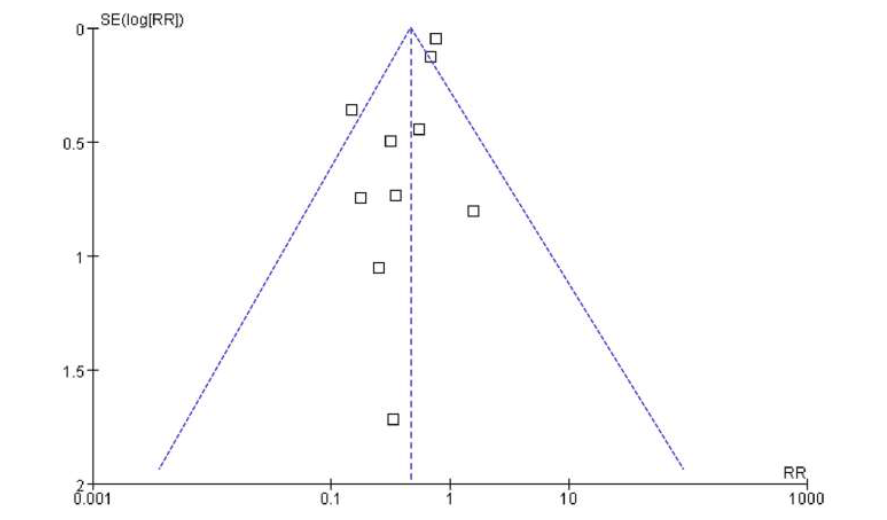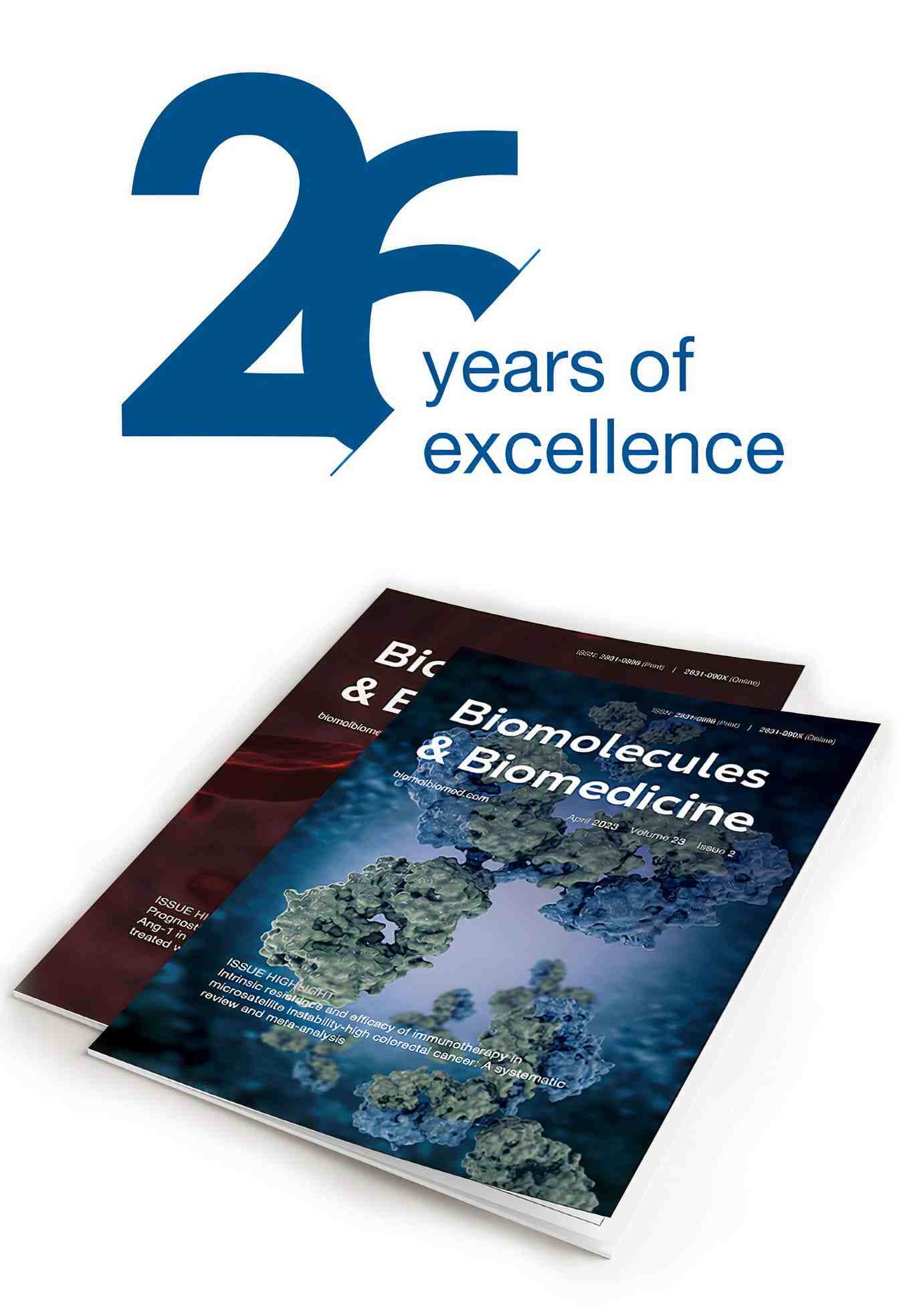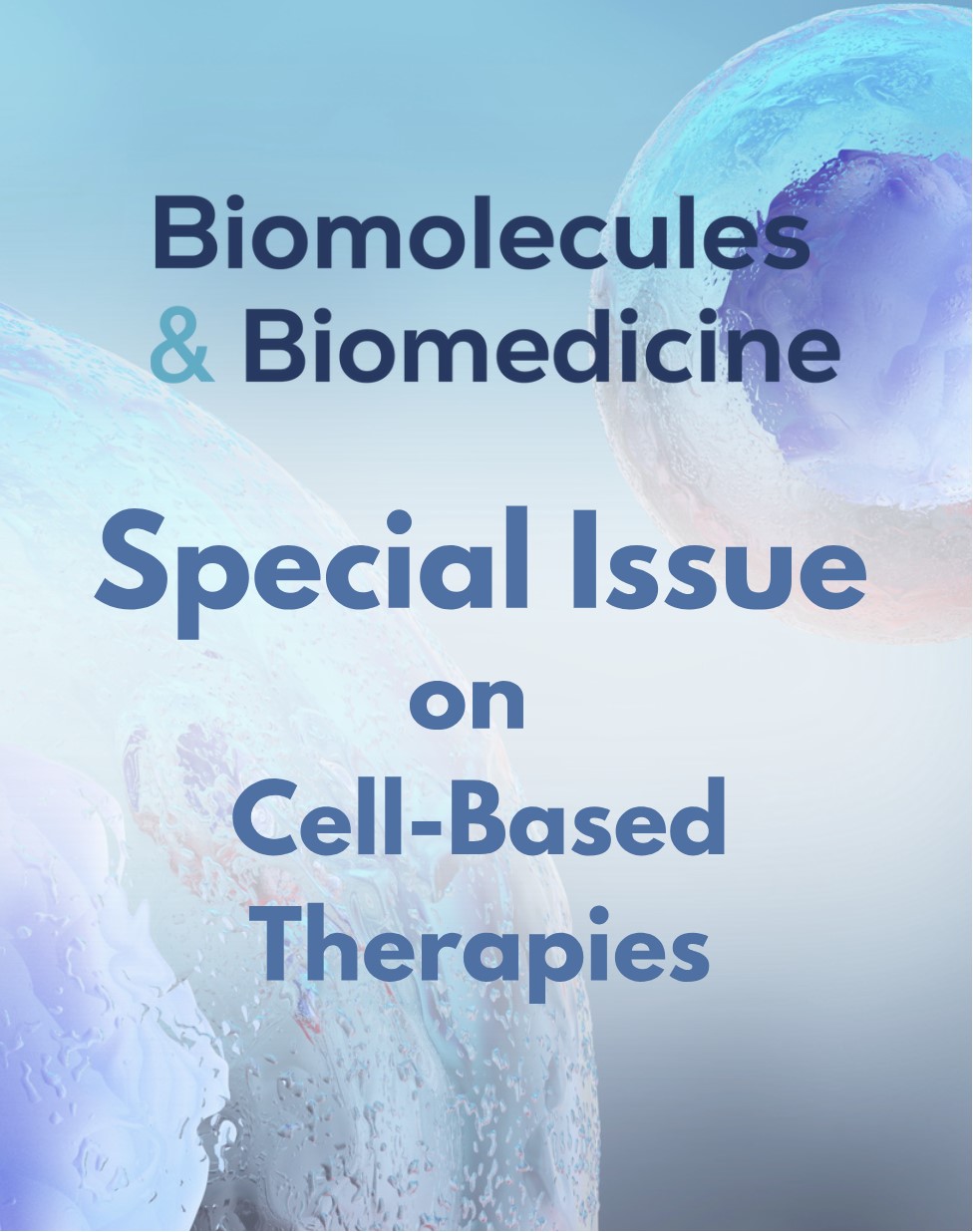The influence of sodium-glucose co-transporter-2 inhibitors on the risk of cancer therapy-related cardiac dysfunction: A meta-analysis
DOI:
https://doi.org/10.17305/bb.2025.11847Keywords:
Sodium-glucose co-transporter-2 inhibitors, SGLT2, cancer therapy-related cardiac dysfunction, CTRCD, heart failure, HF, cancer, meta-analysisAbstract
Cancer therapy-related cardiac dysfunction (CTRCD) is a major concern for patients undergoing cardiotoxic cancer treatments. Sodium-glucose co-transporter-2 (SGLT2) inhibitors have shown cardioprotective effects in both diabetic and non-diabetic populations. However, their impact on CTRCD risk remains uncertain. This meta-analysis aimed to assess the association between SGLT2 inhibitor use and CTRCD in cancer patients receiving cardiotoxic treatments. A systematic search of PubMed, Embase, and Web of Science was conducted to identify relevant studies. Cohort studies comparing CTRCD incidence in cancer patients with and without SGLT2 inhibitor use were included. Risk ratios (RRs) were pooled using a random-effects model, and subgroup and meta-regression analyses were performed to explore potential effect modifiers. Ten cohort studies involving 34,847 cancer patients met the inclusion criteria. Overall, SGLT2 inhibitor use was associated with a significantly reduced risk of CTRCD (RR: 0.47, 95% confidence interval: 0.33–0.68, P < 0.001), though significant heterogeneity was observed (I² = 70%). Subgroup analysis indicated a stronger protective effect in patients receiving anthracyclines (RR: 0.26) compared to those undergoing other treatments (RR: 0.73, P for subgroup difference = 0.001). Additionally, the cardioprotective effect was more pronounced in cohorts with a lower proportion of men (<55%, RR: 0.27) compared to those with a higher proportion (≥55%, RR: 0.75, P < 0.001). Sensitivity analyses, conducted by excluding one study at a time, consistently supported these findings, reinforcing their robustness. In conclusion, SGLT2 inhibitor use is associated with a lower risk of CTRCD in cancer patients, particularly those receiving anthracyclines. These findings highlight the potential role of SGLT2 inhibitors in mitigating cardiotoxicity during cancer therapy.
Citations
Downloads

Downloads
Published
Issue
Section
Categories
License
Copyright (c) 2025 Zhitao Yan, Xiaona Xing, Jinmei Huang

This work is licensed under a Creative Commons Attribution 4.0 International License.









